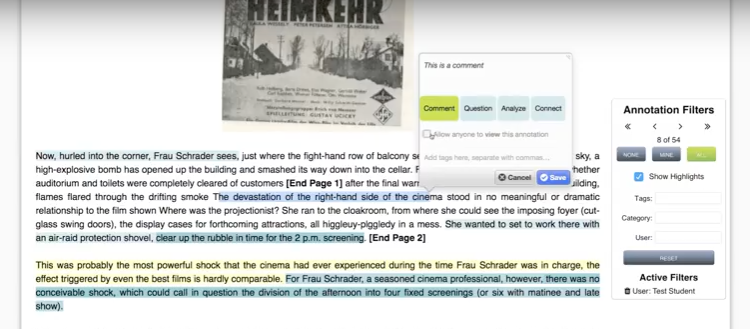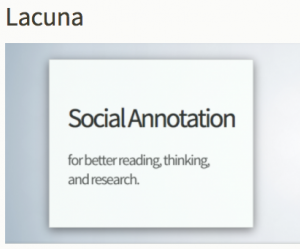DH, Social Justice, and Liberal Arts: Developing an online, multi-campus DH course through the LACOL consortium
Thursday, June 29 at 5:15pm-5:45pm EDT (online)
Beth Fischer1, Mackenzie Brooks2, Liz Evans3, Austin Mason4, Nhora Lucía Serrano5, José Vergara6
1Williams College Museum of Art, United States of America; 2Washington & Lee University; 3Liberal Arts Collaborative for Digital Innovation (LACOL); 4Carleton College; 5Hamilton College; 6Bryn Mawr College
Through a unique collaboration across peer colleges, LACOL’s Digital Humanities: Social Justice Collections and Liberal Arts Curricula has fostered a prodigious environment of original, collaborative research, undertaken by students as part of an interdisciplinary online course. First taught in 2021, the course will be offered for the third time during summer 2023.
Over eight weeks, the team of instructors introduces students from LACOL’s eleven partner schools to ways of working with digital humanities data, digital modes of humanistic inquiry, and specific approaches including text analysis and geographic analysis. Students work in teams, closely mentored by the instructors, to implement projects that use digital methods to explore historically and socially relevant topics drawn from their engagement with multiple campus archive collections, such as representations of BIPOC at PWIs in the 1960s and the documentation of women’s suffrage and environmental/climate movements across campuses.
In this presentation, the teaching team, course development collaborators, and the director of LACOL share how this course was developed and implemented, and the ways the partner schools have managed handoffs and transitions between their own institutions and this shared collaborative curriculum. We will address key components for the course’s success, especially how the model developed under LACOL might be enacted among institutions that do not have such a pre-existing framework and how the course has sparked ongoing student engagement with DH and social justice topics, and led to the development of new courses at partner institutions.
ACH Session #6B: Perspectives on Critical Pedagogy
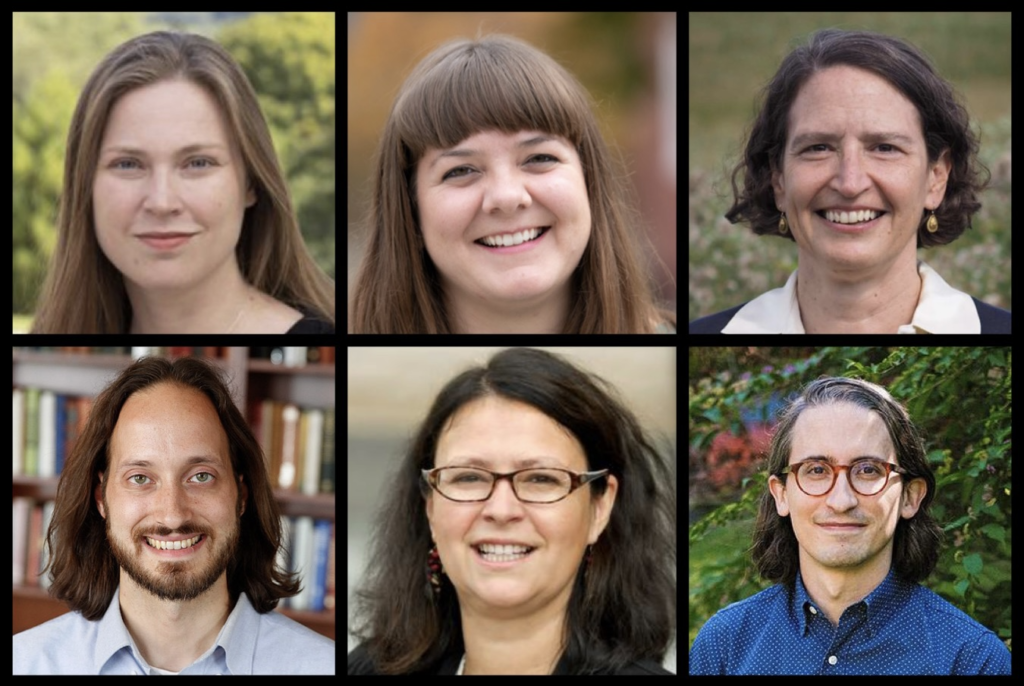


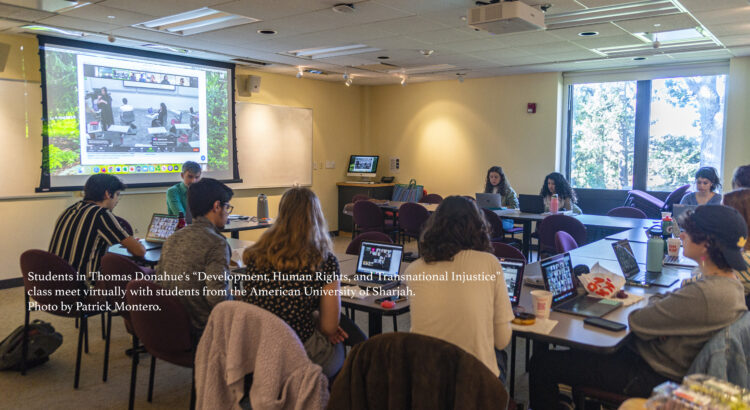
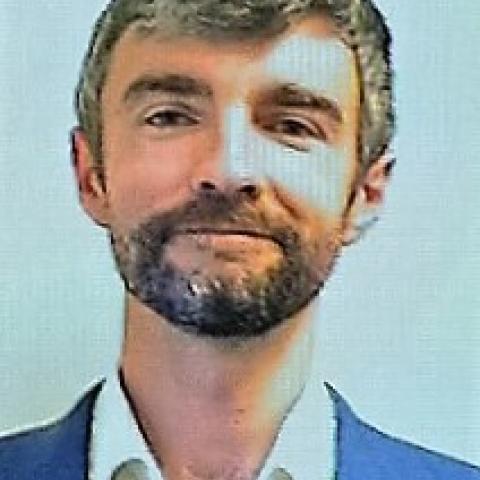
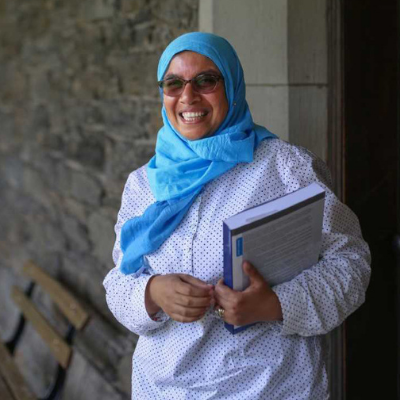
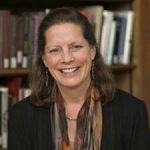
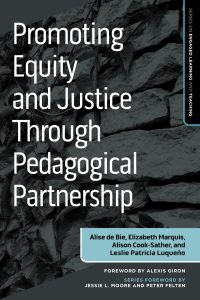
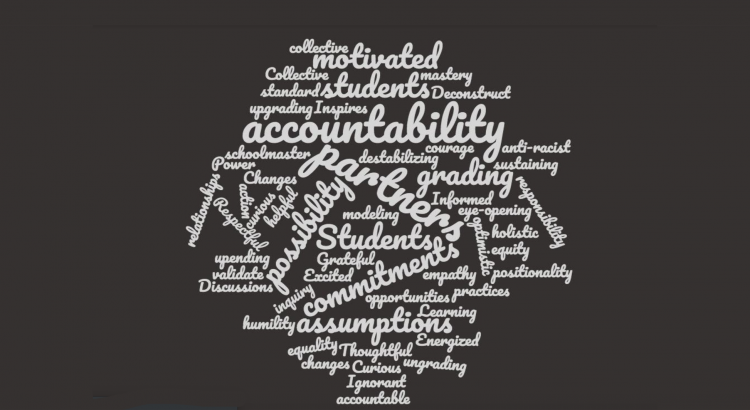
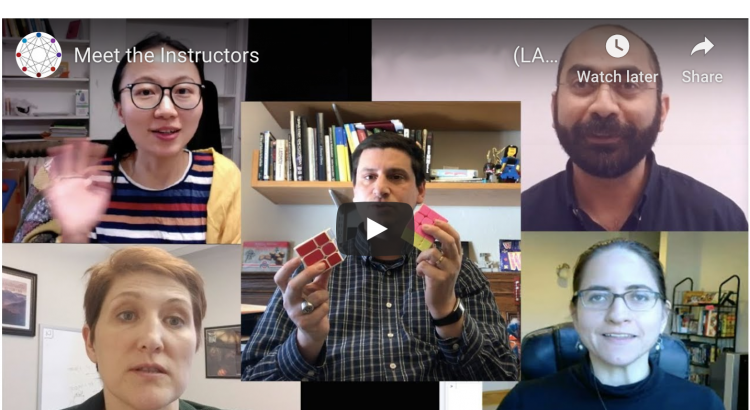

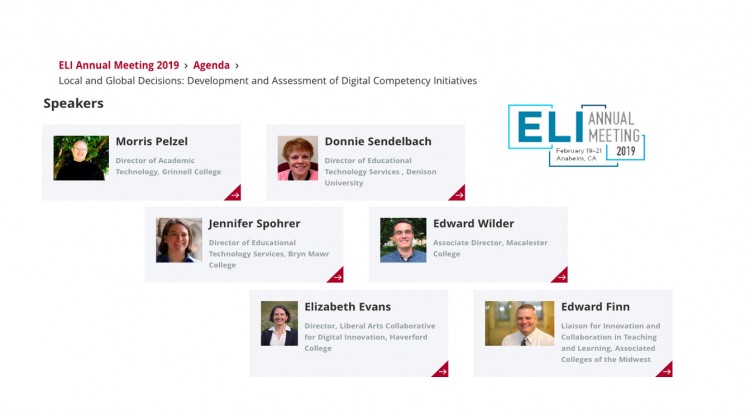
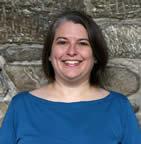
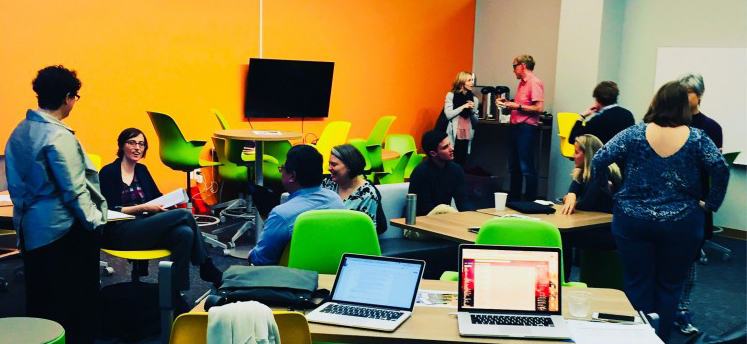
 • See
• See 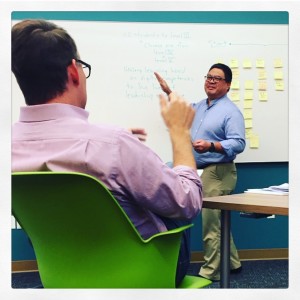
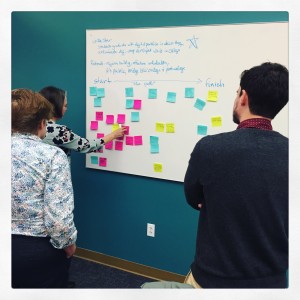 The main outcomes from this workshop will be to create a community of practice around design, development, and facilitation of digital competency/dexterity/fluency programs in the liberal arts and to identify ongoing ways of sharing program models and resources. Individual institutional teams will also be able to adapt and expand Bryn Mawr’s digital competencies framework as appropriate for local contexts. We hope that LACOL and other LAC partners might also at some point build on the BMC digital competencies framework as an expression of foundational capabilities that we agree on across liberal art institutions as relevant for scholarship, learning, work, and life in the digital age. A shared framework can provide a pathway to accelerate stated LACOL goals for creative collaboration in digital experimentation, faculty development, and research.
The main outcomes from this workshop will be to create a community of practice around design, development, and facilitation of digital competency/dexterity/fluency programs in the liberal arts and to identify ongoing ways of sharing program models and resources. Individual institutional teams will also be able to adapt and expand Bryn Mawr’s digital competencies framework as appropriate for local contexts. We hope that LACOL and other LAC partners might also at some point build on the BMC digital competencies framework as an expression of foundational capabilities that we agree on across liberal art institutions as relevant for scholarship, learning, work, and life in the digital age. A shared framework can provide a pathway to accelerate stated LACOL goals for creative collaboration in digital experimentation, faculty development, and research.
 When Bryn Mawr College first proposed experimenting with “blended learning in the liberal arts” back in 2011, we conceptualized it as a combination of “traditional,” face-to-face, liberal arts instruction and online tutorials that assessed and gave students feedback on learning. However, in the initial calls for proposals, it became quickly apparent that liberal arts college faculty were incorporating other types of digital technologies into their teaching, and doing so ways we had not anticipated. This presentation surveys the digitally enabled teaching approaches that have been included under the “blended learning” umbrella since 2011 and identifies “digital pedagogies” that might connect them.
When Bryn Mawr College first proposed experimenting with “blended learning in the liberal arts” back in 2011, we conceptualized it as a combination of “traditional,” face-to-face, liberal arts instruction and online tutorials that assessed and gave students feedback on learning. However, in the initial calls for proposals, it became quickly apparent that liberal arts college faculty were incorporating other types of digital technologies into their teaching, and doing so ways we had not anticipated. This presentation surveys the digitally enabled teaching approaches that have been included under the “blended learning” umbrella since 2011 and identifies “digital pedagogies” that might connect them.